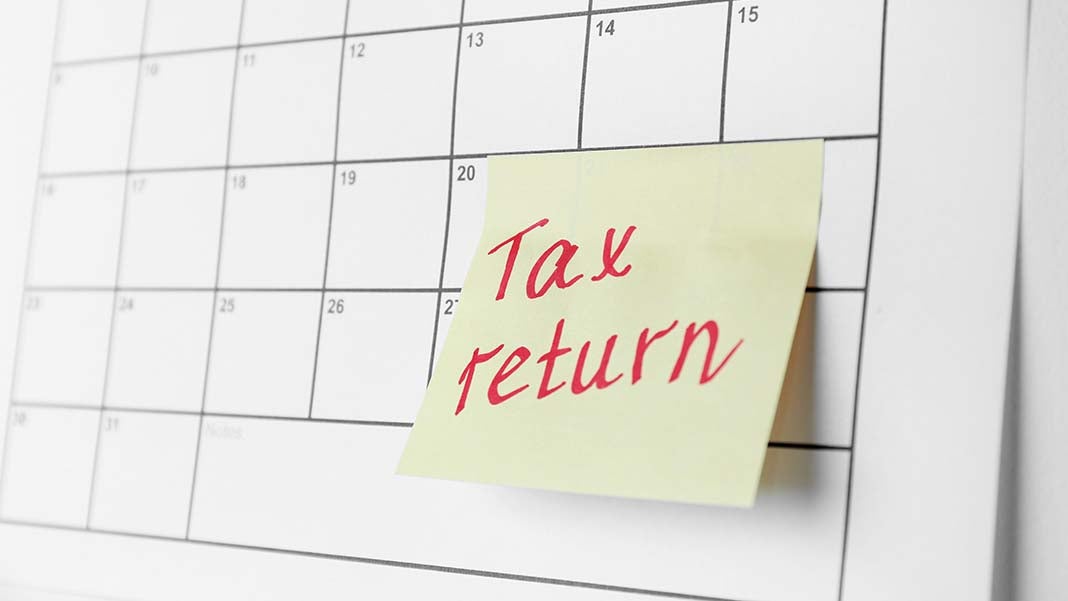When You’re Self-Employed, “Self” is Responsible for All Tax Preparation
By: 1800Accountant

When you work for someone else, you only have to think about employment taxes about once a year when tax season rolls around. However, those who are self-employed have the responsibility of keeping up with their income on their own and reporting estimated taxes. The IRS defines “self-employed” as someone who makes $400 or more in a year, which means that everything from babysitting to specialized independent contract work most likely places you in this category.
As a solopreneur, you thrive on ideas. Dealing with taxes is probably not on the top of your to-do list. However, just as you’ve learned to reign in your ideas, you can also learn to manage your tax reporting in a way that protects you and keeps you in line with federal standards. As the famous American author John Steinbeck once said, “Ideas are like rabbits. You get a couple and learn how to handle them, and pretty soon you have a dozen.” Once you tackle your taxes a couple of times, it can soon become as natural to you as coming up with new ideas. The following guidelines will help you think through managing your taxes as a solopreneur.
Evaluating estimated taxes
When you’re self-employed, you don’t automatically have taxes taken out of your paycheck due to withholding. Therefore, you may need to pay estimated taxes throughout the year to avoid penalties down the line. You can use Form 1040-ES, updated yearly and found on the IRS website. Income you receive from any source, including side jobs and barter exchanges, should be included in the report to most accurately reflect yourwages. ROTC pay is also taxable and qualifies as income in the reporting.
Household employee specifications
If you are working as a household employee, which includes a nanny, maid and personal assistant, and are making more than $2,000 a year, you are also required to pay income taxes. Our friends at Wagepoint have put together a comprehensive post with resources and advice specifically for you. Key takeaways include investing in payroll software like ours and building a network of support.
Determining deductions
While it may be time consuming, discovering how many deductions are available for your tax reporting is worth every second. Make sure to do your research and talk to trusted colleagues as you learn to track and report which deductions are relevant to you. For example, if you purchase payroll software for your company, don’t forget that you may claim that as a business expense. It’s important to keep track of your expenses as accurately as possible because small purchases will quickly add up. If you’re driving often for your job, such as self-employed Uber and Lyft drivers, there are certain mileage apps and deductions you’ll want to be aware of. If you’re feeling overwhelmed with where to begin when it comes to taking care of your tax responsibilities, don’t be afraid to reach out to our friendly professionals. Continue to do your research, put in the hard work and rewards will follow.












